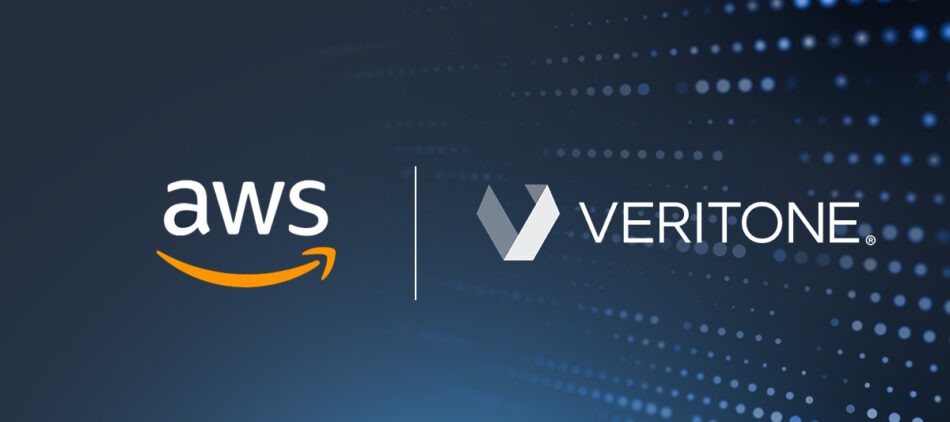High gaming spirits
The COVID-19 pandemic has led to a surge in online gaming as people spent more time at home. This trend has prompted game creators to explore cloud migration services in order to meet the increased demand. The cloud cost management strategies industry has also recognized this demand and offers gaming-as-a-service to users adopting cloud technology. Major cloud providers like Azure and Google Cloud have developed features to cater to the growing gaming industry. With the pandemic's prolonged impact, the demand for cloud-based gaming services is expected to continue growing. The significant players in the cloud market are fully committed to supporting this exponential growth in the gaming sector.

Figure .1 High gaming spirits
Figure 1 shows The gaming market in India is experiencing rapid growth, with the industry estimated to reach a value of Rs 118.8 billion ($1.6 billion) by 2023. By 2025, India is projected to become the second-largest global gaming base with 200 million viewers. The emergence of newer technologies like augmented reality (AR), virtual reality (VR), mixed reality (MR), and the popularity of streaming videos have fueled innovation in gaming. Key trends include play-to-earn digital economies, gaming in the metaverse, the rise of social and casual gaming, and the mainstreaming of esports. The gaming landscape is also witnessing the growth of a social layer globally, driven by platforms like YouTube, Discord, and Twitch, with India experiencing similar trends and the rise of gaming influencers.
The convergence of gaming and commerce is driving significant innovation, aided by influencers and platforms. Google Cloud is collaborating with gaming publishers and startups to bridge the gap between gaming and commerce through technologies such as immersive content, interactive streaming, and secure payments. Data science and analytics have become crucial in esports, creating a connection between data and sports. Technology and data intersect in various aspects of sports, from enhancing safety measures to analyzing the performance and strategies of opposing teams. Tech and data have become integral to nearly every facet of the sports industry today.
The gaming industry has played a vital role in advancing artificial intelligence (AI), particularly in the esports sector. In games like Dota 2, AI opponents such as OpenAI have competed against professional teams, showcasing that AI can challenge highly skilled gamers in complex settings. FalconAI offers AI-based tools to enhance the performance of esports players, including those involved in games like League of Legends. Esports teams like Team Liquid utilize machine learning to create more efficient training techniques and objectives. The integration of AI in gaming has opened up new possibilities for both player improvement and the overall development of AI technology.
The Rules Of Esports
Esports regulation in India is still in the process of development, with the government and industry bodies working towards establishing a framework for the industry. While individual states have introduced Acts and Bills to regulate online gaming and esports, there are still shortcomings in the system. Nitish Mittersain, the Founder and CEO of Nazara Technologies, emphasized the importance of implementing regulations to govern and prevent malpractices in the esports sector. As esports has the potential to become a leading spectator sport in India, it is crucial to have proper regulations and checks in place to ensure the industry's robust growth and integrity.
References:
- https://yourstory.com/2023/04/unleashing-indias-competitive-gaming-spirit
Cite this article:
Janani R (2023),High gaming spirits,AnaTechMaz, pp.107















